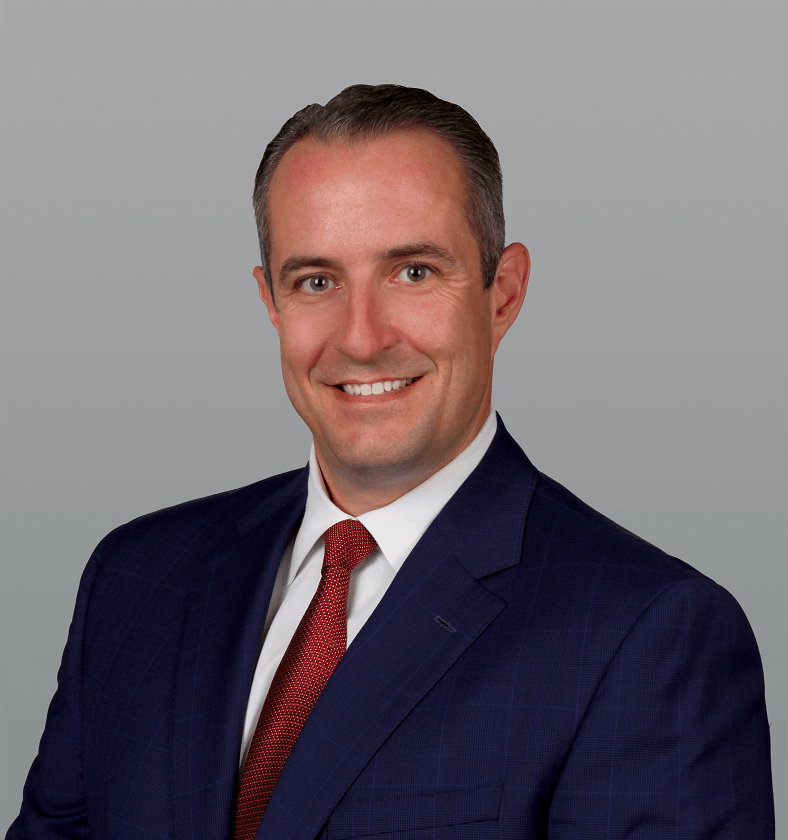It pays to get your facts straight.
You don’t need to be an expert to make smart investing decisions. At the same time, you can’t afford to get tripped up by bad information. Here are three common investing misconceptions that can hurt you if you aren’t careful.
1. Bonds are always a safe investment
Bonds are typically regarded as a safe investment because they’re far less volatile than stocks. But “safe” is a relative term, and while bond investments typically carry less risk than stock investments, they’re by no means guaranteed. In fact, last year, corporate bond defaults reached their highest level since 2009, and even during periods of strong bond market performance, it’s always possible for an individual bond issuer to encounter financial difficulties and miss a key payment as a result.
If you’re looking to invest in bonds, don’t take too much comfort in their relative safety. Rather, do your research and, in the case of individual bonds, look up each issuer’s rating to get a sense of how much risk you’re taking on.
Another thing to keep in mind about bonds is that they come with a lesser-known type of risk: interest rate risk. Buying bonds often means locking your money away for a lengthy period of time, during which you’re limited to whatever interest rate you sign up for. You can help mitigate this risk by laddering your investments so that you have different bonds coming due at staggered intervals. This will give you more consistent access to cash so you can capitalize on new opportunities as they arise.
2. Seniors shouldn’t hold stocks
Older investors are often advised to shift some of their assets out of stocks and into safer investments, like bonds, for protection against market volatility. But while unloading some of your stock position is a good idea, dumping stocks completely once you reach a certain age can be a major mistake.
Though it’s true that stocks carry more risk than bonds, they’ve also been proven to deliver more favorable returns. In fact, the famous 4% rule, which countless retirees depend on to guide their savings withdrawal strategy, is based on the assumption that as a senior, your portfolio will contain a healthy mix of stocks as well as bonds.
The 4% rule states that if you start by withdrawing 4% your savings during your first year of retirement and then adjust subsequent withdrawals for inflation, your savings should last 30 years. But if your portfolio is too heavily loaded with bonds, it may not generate enough income to allow for a 4% withdrawal rate.
Even if you’re the risk-averse type, you should consider keeping at least 30% of your portfolio in stocks as you age. Remember, too, that if you hold dividend stocks in retirement, you’ll benefit from a steady stream of income, even during periods when stock prices fall across the board.
3. Investment fees don’t matter
Though fees are often an unavoidable part of investing, you can take steps to keep your costs to a minimum. Yet most investors don’t put much thought into fees, and countless Americans wind up losing out as a result. A recent NerdWallet study found that 92% of savers don’t know how much they’re paying in 401(k) fees. But that’s a costly mistake, because according to the Center for American Progress, the typical worker who starts earning a median salary at age 25 will lose an estimated $138,336 in lifetime 401(k) fees. Worse yet, higher earners who begin making $75,000 at age 25 will pay an estimated $340,147 in lifetime fees.
Whether you’re investing though a 401(k), IRA, or traditional brokerage account, pay attention to fees and lean toward the choices that come at the lowest cost. For the most part, this means staying away from actively managed mutual funds, which tend to have high expense ratios, and opting for passively managed index funds instead.
Contrary to what you may have been led to believe, despite the fees involved, mutual funds don’t necessarily perform better than index funds. Quite the contrary: A 2015 Morningstar study found that between 2004 and 2014, index funds outperformed actively managed funds across almost all asset classes. Sticking to low-fee investments is a good way to grow your wealth and keep more profit for yourself.
Investing smartly is often a matter of getting your facts straight and benefiting from the wisdom of those who have done it before you. To learn more about the best ways to invest, you can check out this comprehensive guide. It’ll tell you everything you need to know and help you avoid misunderstandings like these that could otherwise set you back.
The $16,122 Social Security bonus most retirees completely overlook
If you’re like most Americans, you’re a few years (or more) behind on your retirement savings. But a handful of little-known “Social Security secrets” could help ensure a boost in your retirement income. For example: one easy trick could pay you as much as $16,122 more… each year! Once you learn how to maximize your Social Security benefits, we think you could retire confidently with the peace of mind we’re all after. Simply click here to discover how to learn more about these strategies.
The Motley Fool has a disclosure policy.
















